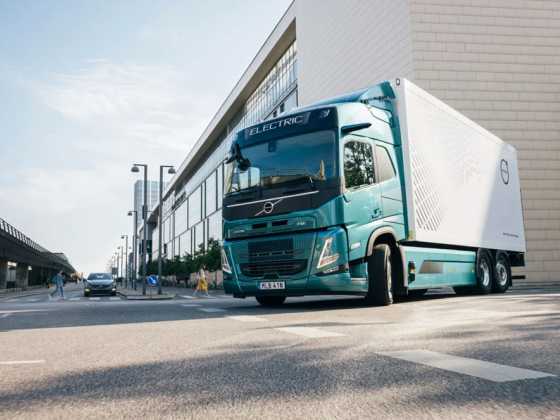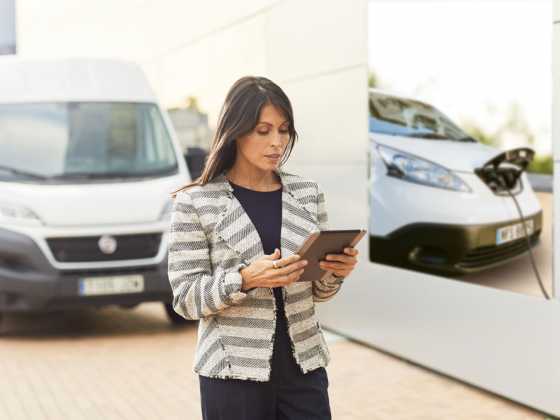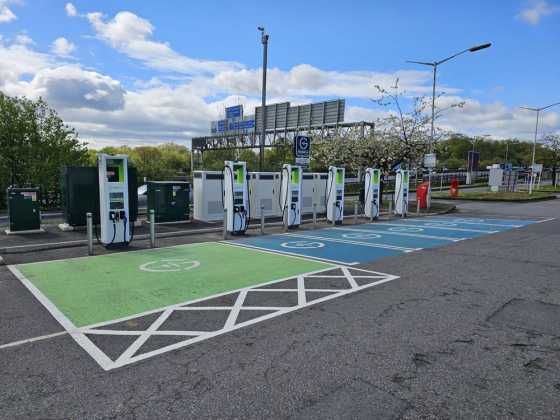ACEA calls for viable approach to EU's first truck CO2 standards

The European Automobile Manufacturers’ Association (ACEA) is calling on governments to adopt a well-balanced and viable approach to setting CO2 standards for trucks, before a meeting takes place later this month where the 28 member states are expected to adopt their position on the legislation.
The CO2 reduction levels proposed by the European Commission in May – minus 15% in 2025 and minus 30% in 2030 – set a path towards reaching the Paris Climate Agreement objectives. However, these levels are highly ambitious and will require a rapid and large-scale deployment of new powertrain technologies – many of which are not yet readily available for widespread market introduction.
“While using electrical power for a delivery truck operating in urban environments can make sense, a scenario where electric is the right choice for long-haul operations across Europe is much less likely in the mid-term, or even in the long run,” said Joachim Drees, CEO of MAN Truck & Bus and Chairman of ACEA’s Commercial Vehicle Board of Directors.
“Whatever the vehicle segment – long-haul, regional or urban delivery – a stronger market uptake of alternatively-powered trucks requires some basic conditions to be in place, many of which are outside the control of our industry and still lacking today.” These include adequate investments in charging and refuelling infrastructure, as well as rapid fleet renewal by transport operators.
ACEA supports the European Commission’s idea of introducing specific incentives to stimulate innovation and the uptake of alternatively-powered trucks (the so-called ‘super-credit’ system). However, it is very concerned that this could be adapted to include a penalty, which would penalise manufacturers who do not sell a mandatory quota of zero- and low-emission trucks.
Drees said: “Given the obstacles zero-emission trucks currently face – lack of infrastructure, loss of payload, limited range, higher costs – it will not be easy to convince customers to buy these trucks. Policy makers need to be aware that forcing manufacturers to provide a certain supply of zero-emission vehicles when there is insufficient market demand would be extremely risky for Europe’s truck industry.”
Another concern ACEA has is that the proposals on the table also include massive penalties for manufacturers who are unable to reach the targets. “We are not at all against the principle of paying penalties in case of excess CO2 emissions,” Drees explained. “But we are concerned about the disproportionate amounts being proposed.” Based on these, a truck manufacturer that exceeds its target by just one gramme of CO2 would have to pay hundreds of millions of euros.
The industry is ready to further drive down CO2 reductions from trucks, but calls on policy makers to strike the right balance between environmental objectives and the sector’s competitiveness when finalising this regulation.



